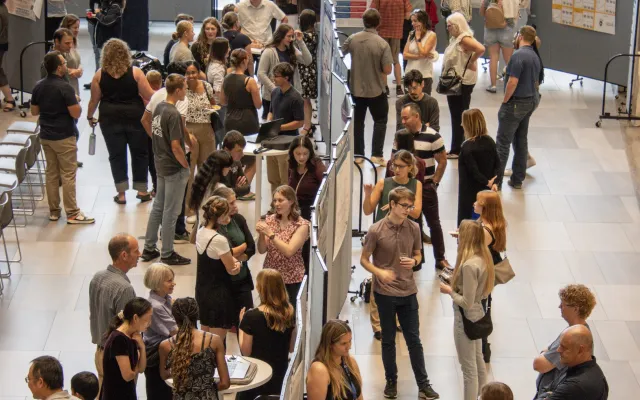Project Based Learning

Project based learning is an approach to teaching in which student are engaged by having them tackle authentic problems. The facts and knowledge needed to solve problems are often segregated from the application skills needed to apply the information in a critical way. Project based learning is a way to bridge this gap and produce learning that integrates facts, knowledge, skills and the application of those to a real problem.
One thing to consider with project based learning, is the scope of the project. Be sure that you project isn’t small and predetermined, but also think about the support you will need as instructor to facilitate the work on the project. Do you need laptops? Computer lab? Special equipment? Will it require extensive marking time? Keep this in mind as you design your project based assignments and courses.
Below are a few aspects of project based learning you should keep in mind as you design assessments and assignments using this method:

Projects should try to be based around an authentic problem
At the very least the project should emulate a real world problem. The problem should be challenging and push the students to utilize higher order thinking skills such as analysis, evaluation, synthesis and creation. In no way should the project be thought of as optional or extra. This will take away from the student's motivation to complete the assignment.

The project should not have a predetermined outcome
Having students work on a project that is going to produce the same outcome for each project takes away from the student’s want to make new discoveries. Not having a pre-determined outcome suggests to the students that they are on a path of discovery and it keeps motivation levels higher. Have students become involved in designing procedures, defining the tasks that need to be completed, and have them document any relevant questions along the way.

Break the project down into multiple tasks
Students are still in the learning process, and having the tasks broken down for them. Scaffolding the project can help them see logical connections between the tasks. It also takes a large assignment and breaks it down into manageable pieces.

Have students track their progress
Have students track their progress. Whether they are succeeding or coming across failures in their attempt to solve the problems in the project tasks, keeping track of their progress is essential. This tracking gives students the opportunity to look upon their work, reflect and make changes to their approach.

Have students share their project in a formative assessment setting
Allow students to get feedback from you as an instructor, but also have peer feedback included as part of the learning process. This allows students to get constructive feedback on their project, and see their failed attempts as learning opportunities rather than failures.

Have students produce something as a way to close the project
This could be sharing their findings via a presentation, creating a poster, or even writing a report. By producing something, it allows the students to see the value they added to solving this problem, and also gives them something to refer to as they reflect on their learning.
